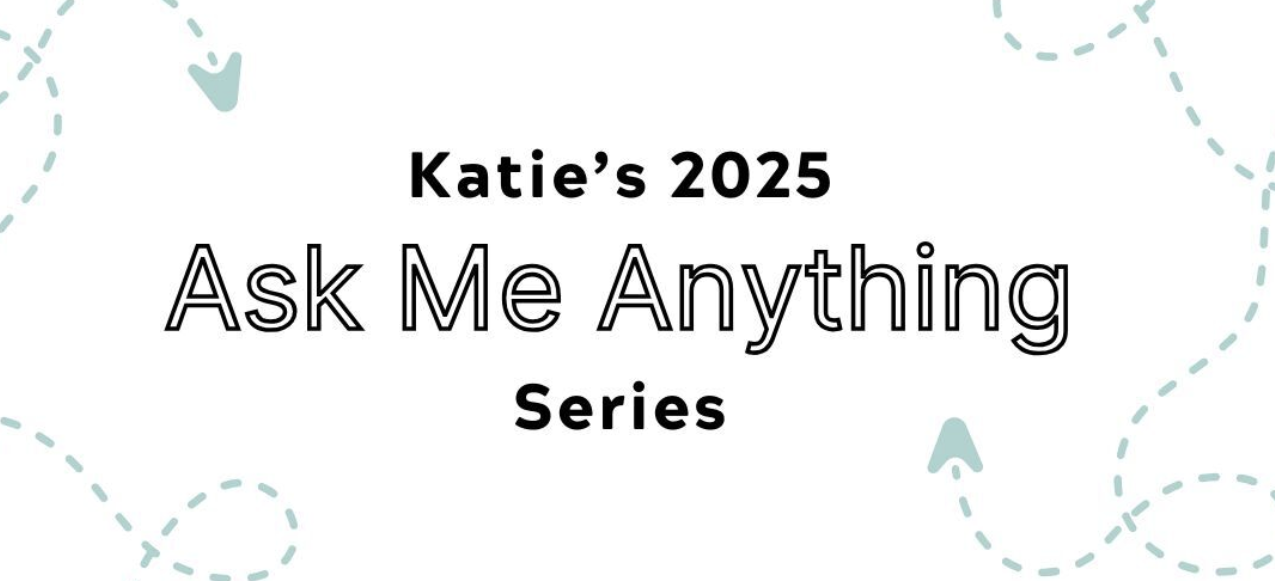In April, I participated in a self-imposed, 30-hour writing challenge where I worked on my latest book project for one hour each day. The goal was to make progress on the book throughout the month and to see what 30 hours of work could accomplish.
The answer: quite a bit.
In the month of April, I was able to do the following:
- schedule 14 interviews with people I want to profile in the book
- complete 10 of those 30-minute profile interviews
- draft 5 of the profiles from those interviews
- complete 5 chapters that were partially written, but needed polishing (this added about 2,500–3,000 words to the manuscript)
- draft my acknowledgements section
- read 8 books
(I also talk about my outcomes from this challenge in this podcast episode.)
I definitely made some progress on the book, and I was really pleased with the results of these 30 hours, but I also learned some important lessons about how to successfully complete this kind of challenge.
Here are just a few:
- Scheduling helps. Fitting in an hour of work on the book on top of my full-time job every day wasn’t easy, but scheduling that time helped a lot. I was able to look at each day and try to figure out if my hour needed to happen before work, during my lunch hour, or after I got home and then plan accordingly.
- Accountability helps. Throughout the month, I made daily video updates and posted them to social media. I like to share my process, but this also served as a way to keep me accountable for the entire month so I wouldn’t have to skip a video.
- A supportive partner helps. I told my partner about this challenge a couple weeks before I planned to start and he was fully on board. That definitely helped when I needed to motivate myself at the end of the day to get the work done — he knew my goals for the month and didn’t ever try to convince me to take a day off.
- Tracking helps. I kept a small list of the things that I was completing as I crossed them off the list and this helped me to have a realistic view of what was actually being accomplished throughout the month. If I hadn’t done this, I think I would have underestimated my progress.
- Flexibility helps. Throughout the month, I ended up working a lot in the evening and that isn’t my ideal time. Instead of giving up, I used a lot of those evenings to get ahead on my reading pile for the book because I wasn’t up to doing much writing. Progress is progress and those evening hours ended up resulting in 8 books read.
- Commitment helps. As an upholder, there wasn’t much that could have kept me from completing my hours this past April. Once I set a challenge for myself, I commit to doing the work. That said, publicly making a commitment to doing this challenge and reporting out on social media using #30hourswriting was a definite motivator to keep going.
Just like my December 2016 writing retreat, this is the kind of challenge that I would definitely do again. In fact, I’ve already scheduled a week off later this month to devote to another 10-day writing retreat — and I think it might actually result in a finished manuscript to send out to reviewers.
When I was first thinking about undertaking this challenge, I asked myself: by the end of April, would you rather have 30 hours of work completed on the book, or none at all?
Although the challenge wasn’t always easy, the answer to that question was simple.
To think on:
- What project in your life could benefit from 30 hours of work?
- Have you ever participated in a challenge like this? How did it go?



